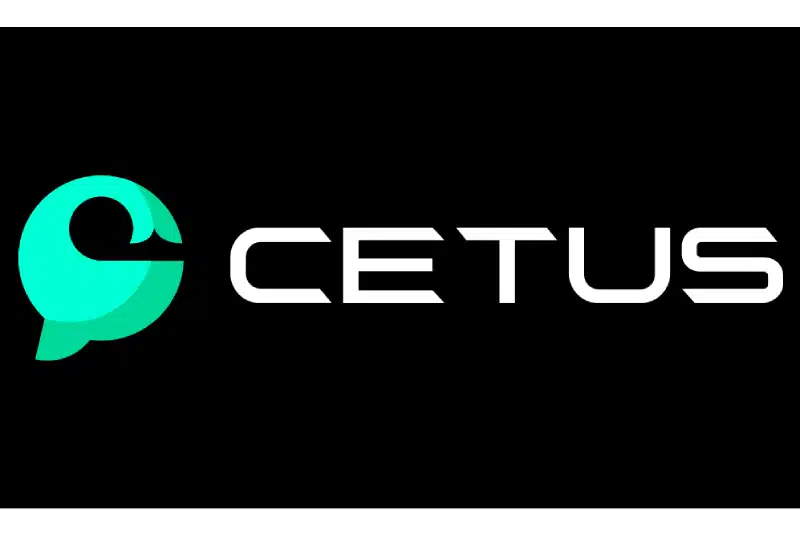
In the ever-volatile world of decentralized finance (DeFi), yet another major exploit has shaken investor confidence—this time with a staggering $223 million theft from Cetus Protocol, a key player in the Sui blockchain ecosystem.
On May 22, Cetus announced an emergency pause of its smart contract following the detection of “an incident” impacting the protocol. Within hours, the scope of the breach became alarmingly clear: attackers had siphoned off roughly $223 million in digital assets. While the team acted swiftly to lock down the contract and halt further losses, the damage had already been done.
“We took immediate action to lock our contract preventing further theft of funds,” the protocol posted on X.
Swift Response Halts $162M Mid-Exploit
The rapid response wasn’t just damage control—it prevented further catastrophe. Cetus confirmed that $162 million of the stolen assets were successfully paused, likely through disabling or restricting access to impacted contracts and freezing certain token transfers.
The team also activated an ecosystem-wide alert, working closely with the Sui Foundation, associated builders, and blockchain security researchers to trace the stolen assets and mitigate collateral risks to other protocols operating within the Sui ecosystem.
Root Cause Identified and Patched
In a follow-up statement, Cetus confirmed it had identified the root cause of the exploit and patched the vulnerable package. It did not, however, disclose the technical details of the vulnerability. Notably, they acted quickly to inform other developers and ecosystem partners, reducing the risk of similar exploits elsewhere.
“We informed ecosystem builders as fast as we could with help from ecosystem members to prevent other teams being affected,” Cetus stated.
This level of collaboration speaks to the maturing security response of newer blockchain ecosystems like Sui, which—despite still being in the early innings of adoption—are working to build reputational resilience in the face of inevitable technical setbacks.
Law Enforcement and White Hat Negotiations
In a move that’s becoming increasingly common in DeFi exploits, Cetus has identified the Ethereum wallet address linked to the attacker and is attempting to negotiate a whitehat settlement.
The offer: return the funds in exchange for immunity from legal prosecution.
“We have offered a time-sensitive whitehat settlement in exchange for the outstanding balance. Should the hacker accept our terms, we would also refrain from pursuing further legal action.”
Cetus even made the negotiation offer public, sharing links on-chain:
Simultaneously, Cetus has brought in anti-cybercrime organizations to assist with fund tracing and law enforcement engagement, in case negotiations fail and a legal path becomes inevitable.
Also read: Morpho App Vulnerability Triggers $2.6M Incident, Funds Later Returned by White Hat
Community Reactions and Market Fallout
While the crypto market has largely learned to absorb shock from exploits of this magnitude, sentiment around newer Layer 1 ecosystems like Sui has taken a hit. Community members on social media praised the speed of the response, but many also questioned the underlying security audit processes that failed to catch such a high-impact vulnerability.
As DeFi matures, the industry is being forced to reckon with an uncomfortable truth: innovative code doesn’t always mean secure code.
Also read: Abracadabra Cyberattack: How Hackers Drained $13M from DeFi Platform
What’s Next for Cetus Protocol?
The protocol has promised a full post-mortem report once the investigation is complete, and all eyes are now on how much of the $223 million will be recovered—or lost forever.
In the meantime, Cetus says its highest priority is fund recovery and is keeping communication channels open for updates. While the full impact remains to be seen, this breach is a stark reminder that even in the most promising ecosystems, one exploit can undo months of growth and trust.
For investors, developers, and DeFi platforms alike, the Cetus incident underscores a critical mantra in web3: move fast, but patch faster.
This is a developing story. The Cyber Express will continue to monitor and update as more details emerge.
Source: Read More
